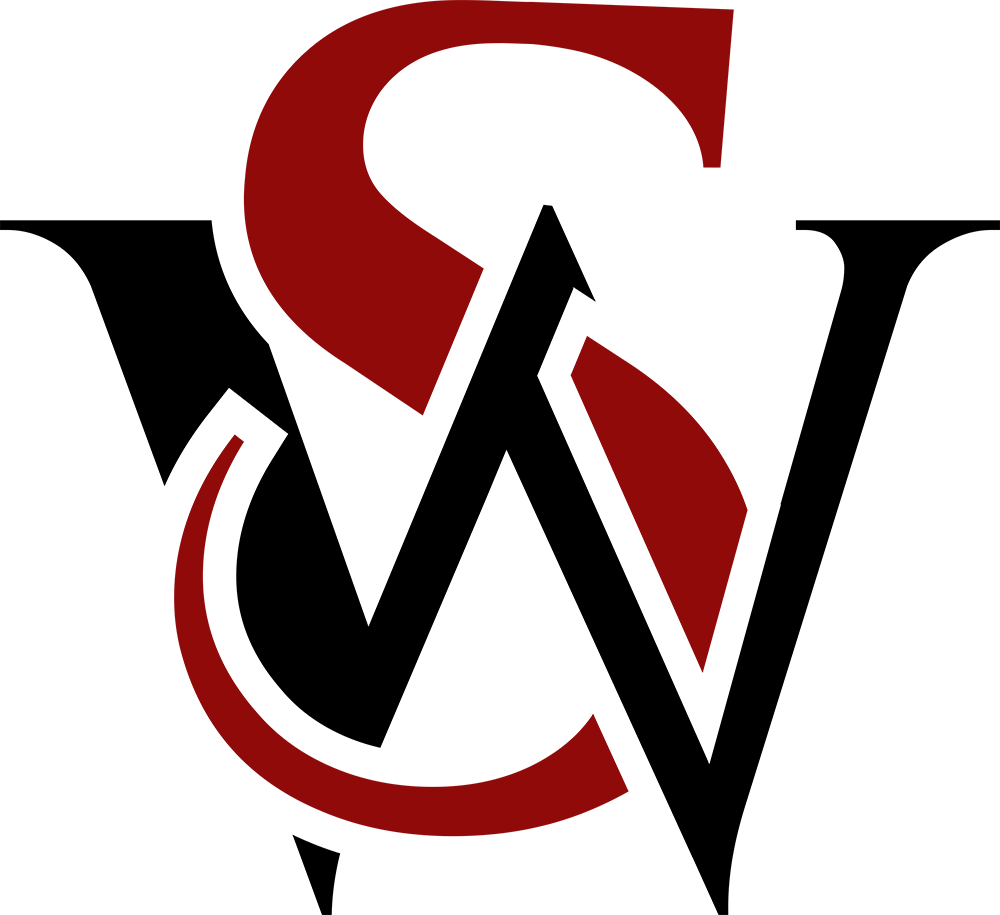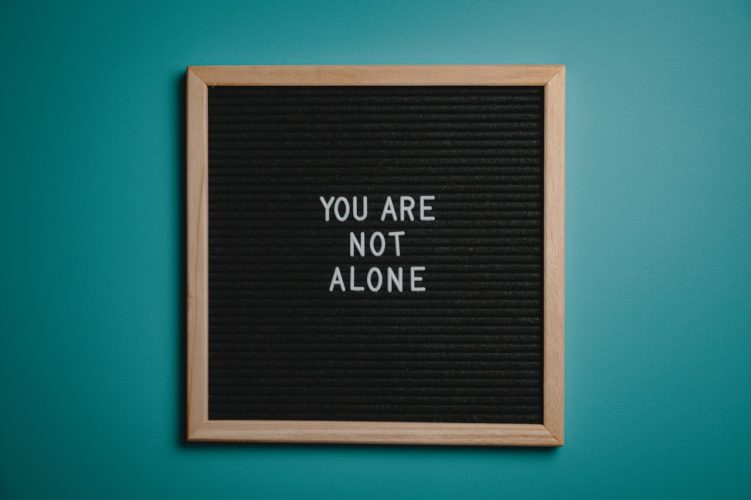By Bryan Ergle
“I don’t know.”
When did that simple phrase become so difficult for people to say, so completely banished from day-to-day conversation? To utter that phrase now, you would think that you were committing a capital offense or admitting guilt to some grievous crime before a jury of your peers.
In the internet age, everybody has quick access to all sorts of data, ranging across the world and across history, and it seems that people have come to feel inadequate if they do not have magically perfect recall of every bit of inane information that has ever existed, whether they’ve encountered it or not. The whole of history has been encapsulated by the digital revolution, but rather than viewing this as a tremendous gift, it has somehow become a curse upon us.
Ask someone what year Napoleon died, and you’re more likely to see someone pull out their phone than to simply say, “I don’t know.” Or perhaps they might say, “Sure, of course!” … and then pull out their phone. Quick access to information has made people act as though lack of on-hand knowledge is completely verboten. And in an age where access to information is so ubiquitous, having any sort of blind spot is tantamount to committing character assassination upon oneself.
The irony in this is that people have, in a way, come to stop asking questions, out of the fear that it might make them look ‘less than’. After all, if you have to ask a question to someone other than Google or Wikipedia, you run the risk of not appearing omnipotent. And in that, people prefer to stay quiet than to seek information from one another. It is one of the great tragedies of the digital revolution: as our access to knowledge improves day-by-day, our servitude towards it grows ever greater, and we struggle to handle this new reality.
But why is asking a question worse than simply going to Google or Wikipedia, or something like that? You’re getting the information, right? Well, not so fast. With Wikipedia, you are likely to find loads of information on things like historical events, locations, et cetera; so much information, in fact, that it becomes cumbersome to find simple things. So cumbersome in fact that there is a whole site dedicated to being an abbreviated version of Wikipedia, which is half factual, half comedic, called “TL;DR Wikipedia”.
As for Google, and other similar search engines, you are jumping headlong into the raging deluge of whims of the company’s programmers, their biases, and, certainly not least of all, their paid advertisers. Paid advertising isn’t just banners and links anymore; it moves search results up and down on pages – and when you’re looking for goods or services, puts brands in front of you whether they best meet your needs or not. That particular issue is one of the major ones that Well-Sewn exists to address.
Still, what do you get if you ask questions of a friend, for example, rather than going out and searching? If they do not know, you can still seek out the answer online, or (gasp!) in a book. If that happens, you both learn something new. But your friend may have the information you’re looking for… or even if they don’t, they might be able to offer more than that – they may be able to offer perspective, intriguing asides, personal insights and experiences, anecdotes and, perhaps most importantly of all, two-way conversation about the topic.
For example, a quick search would give you the year, or even the date, of Napoleon’s death, but your friend might give you that, and start a discussion about how he was, contrary to popular myth, of average height for his time, or how his tactics revolutionized warfare. It might branch off into discussions about geography, military history, or even favored fiction novels or films, such as Napoleon appearing in The Count of Monte Cristo. You may discover a shared interest with someone you never would have imagined you had. Some of the best conversations meander from one topic to the next in ways you could never foresee.
Knowledge is unique in that it often has no endpoint; the totality of a subject can never be truly encompassed by any one person unless the subject matter is paper-thin. As a result, some view knowledge as a giant monolith, a mountain whose climb becomes ever more treacherous the higher up you go. But therein lies the greatness of the pursuit of knowledge; you can never fall off that proverbial mountain, and the ability to go higher rests not with physical attributes of strength or endurance, but with the mind’s willingness to learn. If you will it, so shall it be.
Not knowing something is not automatically a weakness, and asking questions certainly isn’t. The pursuit of knowledge in any guise is always a noble goal. If you don’t believe that, stop and think whether you would think less of any of your own friends if they don’t know off the top of their head every last bit of trivia you could ever ask of them. Likely, you’d never think twice about it, so why would you expect them to think less of you? Rather than be intimidated by the challenge of knowledge, we should relish the opportunity to learn – it’s free real estate for the taking.
Something as simple as admitting you do not know something can spark the most amazing conversations, and the sharing of fields of knowledge which you might never consider seeking out that could add a whole new dynamic to your life. Next time someone asks a question, and you don’t know the answer, say so; it is an instance where you truly have nothing to lose, and everything to gain.



